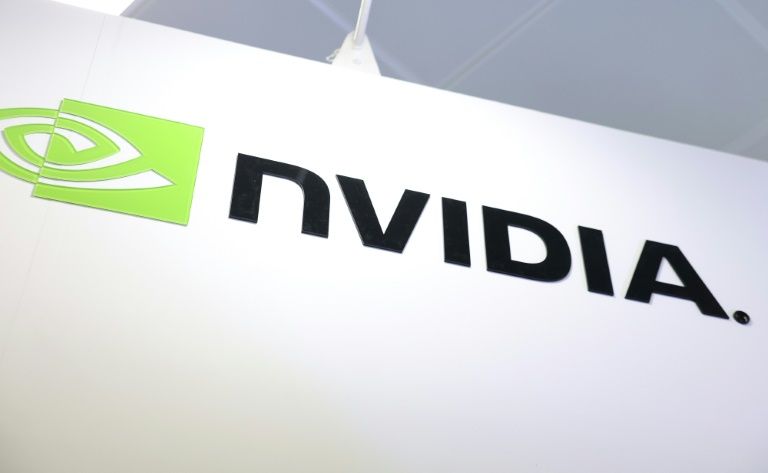Jobs
Why 80% Of Hiring Managers Discard AI-Generated Job Applications From Career Seekers

Job applicants are more likely to land their dream job when they show their true selves instead of … [+]
No matter how you slice it, job hunting is stressful. Job seekers are under the gun to think right, feel right and act right—even look right for the job. Sometimes the anxiety is so great as many as 70% of applicants resort to lying on their resumes, according to one statistic.
Hiring managers frown upon job seekers who rely on AI to do the work for them. Ultimately, this tactic disqualifies otherwise highly-qualified candidates. If you want to appeal to hiring managers, it’s important to familiarize yourself with ten blunders that companies look for in candidates looking for high-paying jobs. Arming yourself with information to discern the difference in what hiring managers consider big deals, deal breakers or no big deals can streamline the search and lower your stress level.
What A New Study Shows
There’s no question that the future of work is AI. But after surveying 625 hiring managers on what makes a successful job application, the research team at CV Genius found the disturbing trend that 80% of hiring managers hate AI-generated applications. Here are the key takeaways from the CV Genius Guide to Using AI for Job Applications:
- 80% of hiring managers dislike seeing AI-generated CVs and cover letters.
- 74% say they can spot when AI has been used in a job application.
- More than half (57%) are significantly less likely to hire an applicant who has used AI and may even dismiss the application instantly if they recognize it is AI-generated.
- Hiring managers prefer authentic, human-written applications because AI-generated ones often sound repetitive and generic and imply the applicant is lazy.
Five Tips To Use AI Without Risk Of Rejection
“For better or for worse, AI is now part of the job application process,” insists Ethan David Lee, Career Expert at CV Genius. “Job seekers must learn how to use AI as an asset and not as a shortcut. Hiring managers don’t mind AI in applications, but when it’s used carelessly, the result feels impersonal and fails to stand out. In an AI world, it’s more important than ever that applicants show their human side. It doesn’t mean that job seekers shouldn’t use AI, but they need to use it mindfully if they want it to help their chances.”
CV Genius’s Guide to Using AI for Job Applications informs job seekers not to let AI do all the work. The guide helps applicants understand how they can use AI to improve their applications without raising any red flags to hiring managers. It emphasizes that AI isn’t inherently bad, but it should assist, not replace, job application efforts. And it advises job seekers to make sure that their applications are tailored to the specific role and company and how they’re the best fit for the position by showing they’ve researched the company’s values. Five additional recommendations include the following:
- Double-check for embellishments or misrepresentations. “One of the biggest risks of relying on AI-generated CVs is AI’s tendency to embellish or fabricate achievements and experiences. If these are discovered in the interview process, it can raise questions about a candidate’s honesty and integrity. Job seekers should always fact-check their AI-generated CV and cover letter to ensure everything is accurate and remove anything that is either untrue or grossly exaggerated. If an applicant is invited to an interview, they should be prepared to back up every claim they made on their application.”
- Add personal touches and specific examples. “AI often uses generic phrases, producing CVs and cover letters that sound polished but that lack tangible evidence. Hiring managers overwhelmingly agree that the best applications demonstrate a person’s motivation and personal connection to the job or company.”
- Keep an eye out for common AI writing habits. “AI-generated content often follows similar patterns, such as a simple, formal writing style, the use of repetitive phrases like ‘dynamic landscape’ and ‘fostering’, and consistently starting sentences with ‘by’. Job applicants who use AI in their applications should also keep an eye out for industry buzzwords that the AI has crammed into the application but not expanded upon. Applicants need to make sure they read and edit any content the AI has generated, changing words and phrases that appear multiple times or feel out of place.”
- Maintain consistency between the CV, cover letter and interview. “Another indicator of AI-generated content is an inconsistent writing tone between the CV and cover letter and an inability to match the persona of an AI-written application in a real-world interview. CVs and cover letters should reflect the linguistic patterns and writing style of the applicants. ‘We’re not robots,’ Lee emphasizes. ‘So hiring managers are put off when CVs and cover letters are too letter-perfect. There’s no personality or authenticity in the writing style of AI, so more often than not, job seekers will find their AI-only applications on the no pile.’”
- Use AI checkers to review each CV and cover letter. “Some hiring managers use AI-detection tools to spot AI-generated applications. Even using software like Grammarly can cause writing to be flagged as AI-generated. Applicants should get a jump on hiring managers and use AI-detection tools themselves before submitting their applications. Next, job seekers can edit any flagged sections to ensure they match their voice and style.”
A Final Word
The CV Genius report underscores the fact that hiring managers value authenticity and the personal touch in job applications, but AI-generated content often comes across as generic and impersonal. “When reviewing applications, hiring managers want to see more than a regurgitated version of the job description,” concludes Samuel Johns, senior career counselor at CV Genius, adding that, “Most other applicants will have the right education and experience level, so hiring managers are looking beyond the hard facts. They want to get to know you and learn about your passions and background and why you’re the right fit for the company. They want to see you’re invested in the process and committed to this particular job, and that’s not something AI can convey authentically without human guidance.”









